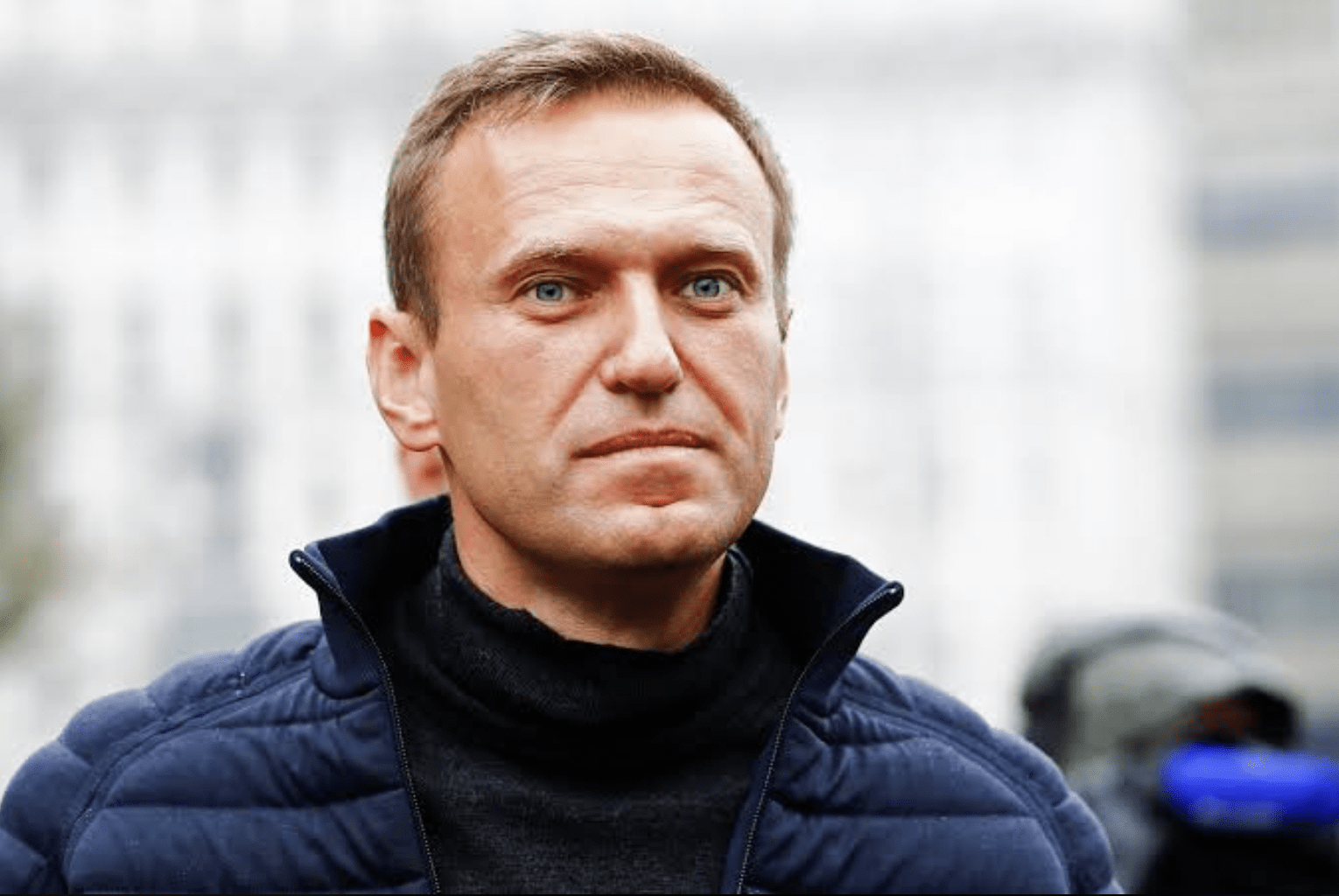The Craven Weakness of Navalny’s Assassination
 Alexei Navalny/X
Alexei Navalny/X
By Irwin Cotler, Bill Browder and Brandon Silver
March 13, 2024
In 2020, after Alexei Navalny survived poisoning by the nerve agent Novichok, Russian President Vladimir Putin denied any involvement in the attack, gloating in a press conference that if the Russian state had really wanted to kill Navalny, it would have “finished the job”.
Today, Putin’s brazen boast is no longer a veiled threat — it’s a haunting admission whispered in the unforgiving twilight of a Siberian prison colony.
Alexei Navalny played a pivotal role in Russia’s pro-democracy movement, emerging as a prominent and vocal critic of government corruption. He was a courageous advocate for human rights, democracy, and the rule of law in Russia, and his commitment to these principles served as a beacon of hope for those who strive for a more just and open society.
As a charismatic opposition leader, Navalny’s activism contributed significantly to the mobilization of public sentiment against corruption, flaws in the electoral process, the stifling of independent voices, and authoritarian practices as a whole.
Although Putin has tried to obfuscate the 47-year-old lawyer’s exact cause of death, one undeniable truth remains: the fate of those who challenge the status quo in Russia eerily follows a familiar pattern, and demands our unwavering attention.
Now, more than ever, the need for international solidarity in addressing human rights concerns in Russia is evident.
Navalny’s assassination hangs like a pall over Russia’s outlandishly performative election process, serving as a threat to the Russian people: Oppose Putin at your peril.
The tactical timing of Navalny’s murder only weeks before the election paints an even more brutal picture of the lengths to which the Kremlin will go to eliminate opposition voices and tighten its hold on power than was already evident from its long trail of censorship slayings.
It also betrays the delusional weakness typical of tyrants who think defeating their critics by attacking them physically instead of competing openly with them in the democratic arena in uncorrupted elections is brave rather than craven.
The impunity surrounding Putin’s hit jobs on the most celebrated Russian dissidents will likely inspire further atrocities against Ukrainians and others.
Navalny’s horrifying murder should instill in Canada a renewed sense of responsibility and urgency. Preventing more innocent lives from being lost becomes imperative as we grapple with the shock and meaning of Navalny’s murder. It is now incumbent upon the international community to hold Putin accountable and to champion the freedom of political prisoners, turning this tragedy into a rallying cry for justice.
According to our partners at OVD-Info, Russia’s leading human rights watchdog, over 1,000 Russians are currently incarcerated as a result of politically motivated prosecutions. Our concerns for the safety and well-being of prominent political prisoners, including principled city councillor Alexei Gorinov and pro-democracy and anti-corruption activist Vladimir Kara-Murza.
The Russian-born Kara-Murza, who holds British citizenship as well as honorary Canadian citizenship, could be the Kremlin’s next target. He has already faced serious health consequences from previous poisonings, and is now in grave danger as he serves 25-years in a Siberian penal colony, the harshest prison sentence ever handed out to a political prisoner in Putin’s Russia.
As Kara-Murza would often remind global decisionmakers — including during his many visits to Ottawa — internal repression leads to external aggression. The impunity surrounding Putin’s hit jobs on the most celebrated Russian dissidents will likely inspire further atrocities against Ukrainians and others.
In May 2022, Canada took an important stand at the G20 summit, announcing the implementation of Magnitsky sanctions against Russian individuals and entities responsible for the unjust imprisonment of Vladimir Kara-Murza. While Canada took on a leading role in imposing initial sanctions, far more needs to be done to secure Kara-Murza’s release, particularly in light of Navalny’s fate.
Canada should encourage allies to confiscate Russia’s frozen central bank reserves, and implement sanctions against the architects of Putin’s political imprisonments. Proceeds of such sanctions should be disbursed to organizations supporting dissidents and their families, like Kara-Murza’s 30 October Foundation as well as victims of Russia’s war of aggression in Ukraine.
Canada should also create an emergency visa program for journalists and dissidents at risk, providing urgent safe refuge for them to temporarily continue their work safely in Canada, and not face the same fate as Navalny.
In memory of all the martyrs to Putin’s pathological insecurity and barbarism — among them, Navalny and former Russian deputy prime minister Boris Nemtsov; and in defense of those imprisoned, including Alexey Gorinov, Ilya Yashin and Vladimir Kara-Murza, Canada must act for to save them, and in turn save Russia.
In honouring Navalny’s legacy, our duty is clear: we must not only mourn his loss but channel our grief into resolute action.
Alexei Navalny, in his own words, left us a poignant message – “You’re not allowed to give up. The only thing necessary for the triumph of evil is for good people to do nothing. So don’t be inactive.”
As we process the weight of his sacrifice, let us remember these words and stand united in the pursuit of justice, freedom and democracy, in Russia and around the world.
Irwin Cotler is a former Minister of Justice and Attorney General of Canada and longtime parliamentarian. He introduced the first Magnitsky Bill in the Canadian Parliament and was instrumental in the subsequent unanimous adoption and implementation of global Magnitsky legislation. He was honoured with the Sergei Magnitsky Human Rights Award in 2015.
Bill Browder is founder and CEO of Hermitage Capital, Head of the Global Magnitsky Justice Campaign and author of Red Notice and Freezing Order.
Brandon Silver is an international human rights lawyer and Director of Policy and Projects at the Raoul Wallenberg Centre for Human Rights. He oversees the Centre’s global Magnitsky advocacy program and co-chairs an international sanctions coalition of more than 375 NGOs.
